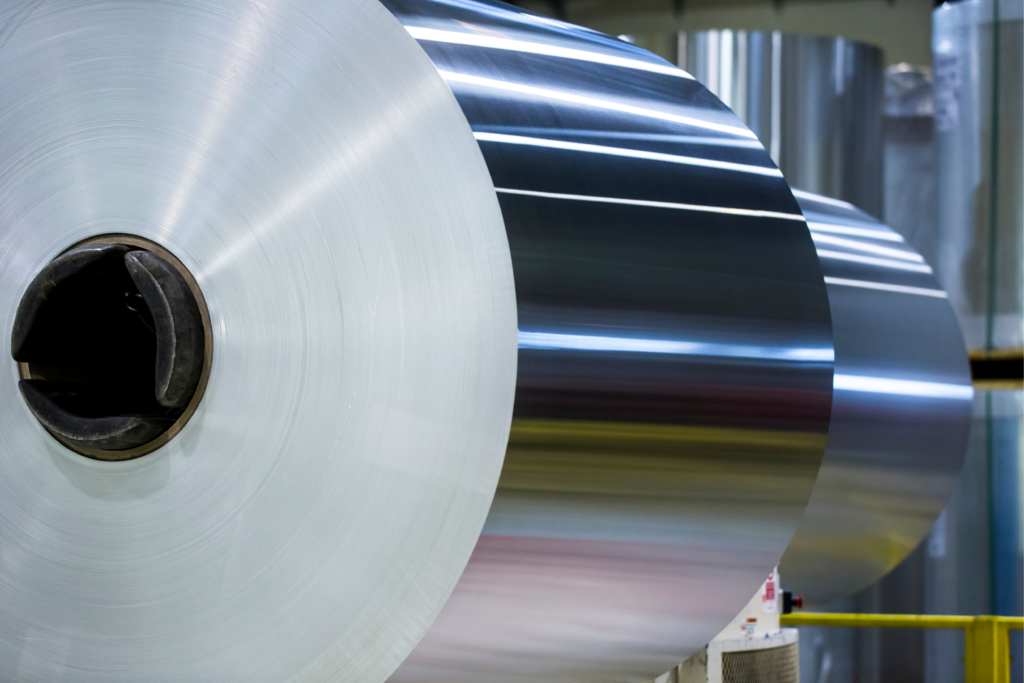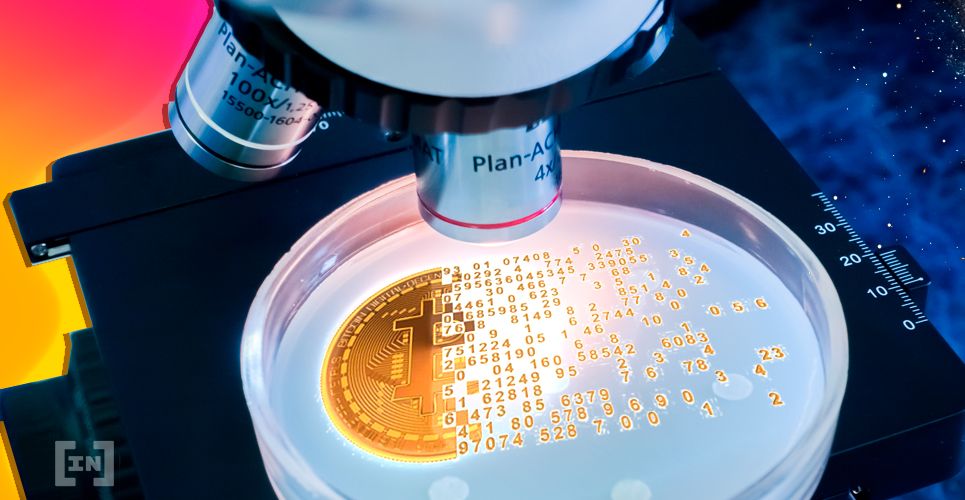A recent headline touted gold as the only true store of value and disregarded Bitcoin as a sub-par latecomer. While many anti-cryptocurrency advocates (nocoiners) were delighted, the source left something to be desired — which isn’t surprising, given that the analysis was completed by the World Gold Council.
Bias notwithstanding, gold has provided a genuine store-of-value proposition for hundreds of generations. Of course, much of this value basis is found in the appearance of the metal. However, beyond its malleability and conductive qualities, gold has little to offer in the way of utility. And yet, it’s very scarce. And so it has remained the standard for wealth measurement for centuries.
Some have argued, however, that gold’s scarcity principle is based on a lack of knowledge. Sudden massive discoveries of gold would result in an immediate loss of the scarcity factor, creating a huge drop in perceived value.
Such a discovery would prompt massive confusion for gold speculators and holders. Even federal governments around the world would need to rethink their positions on value storage.This is the reason why I think Bitcoin will easily exceed golds market cap.
— Willy Woo (@woonomic) February 1, 2019
*Mathematical scarcity beats perceived scarcity*
Perceived scarcity comes only from the technological limitations of today. https://t.co/TtIh41zz3F
Aluminum as a test case
Such an event actually occurred. Aluminum does not occur in its metallic form on earth. It must be isolated in order to be purified. The process of electrolyte reduction of aluminum was first discovered by English chemist Humphry Davy in 1808. The isolated metal was shiny, malleable, and an excellent conductor. At that time, aluminum was considered a precious metal. The price of the aluminum skyrocketed, with the elite of Europe wearing massively costly buttons and broaches made of the shiny metal. A (potentially apocryphal) anecdote says that Napoleon once hosted a party where he was the only one allowed to eat from plates made of aluminum. His guests had to use the cheaper gold dishes. What’s more, the top of the Washington Monument, completed in 1884, was crowned with a 100 oz. aluminum cap — at the time, a costly addition. In 1886, Charles Hall and Lois Toussaint Héroult simultaneously discovered that the metal could be obtained rapidly with a much simpler electrolysis process. Suddenly, the supply of aluminum skyrocketed and the price tanked. In fact, in 1852, aluminum was $35 per ounce (vastly more than gold). By the end of the century, the same volume was worth less than a quarter of a dollar. The most expensive jewelry of the century was worth less than a crushed soda can.
Fixed scarcity
While a methodology for synthesizing gold has not been discovered, the scarcity of the metal fluctuates on discovery rather than being fixed. Even if a process for making gold never materializes, the simple reality is that a massive gold strike could make prices plummet. As the aluminum example makes clear, true scarcity is not found in what science has currently understood — but in what mathematics can fix. Bitcoin (BTC), on the other hand, has a mathematically-fixed scarcity. The blockchain protocol demands that no more than 21 million will ever exist. (Far less than that may exist when one factors in permanently lost coins.) By fixing scarcity on something that is immutable, Bitcoin overcomes this difficulty. Of course, Bitcoin is not tangible, malleable, or a good conductor of electricity. However, in a digital age, these things are far more easily accomplished through science than through finance. Instead, Bitcoin offers a provably scarce store of value for investors. Eventually, the world will understand. Think Bitcoin is the most stable store of value or is it destined to follow the path of aluminum? Let us know in the comments below!Disclaimer
In adherence to the Trust Project guidelines, BeInCrypto is committed to unbiased, transparent reporting. This news article aims to provide accurate, timely information. However, readers are advised to verify facts independently and consult with a professional before making any decisions based on this content. Please note that our Terms and Conditions, Privacy Policy, and Disclaimers have been updated.

Jon Buck
With a background in science and writing, Jon's cryptophile days started in 2011 when he first heard about Bitcoin. Since then he's been learning, investing, and writing about cryptocurrencies and blockchain technology for some of the biggest publications and ICOs in the industry. After a brief stint in India, he and his family live in southern CA.
With a background in science and writing, Jon's cryptophile days started in 2011 when he first heard about Bitcoin. Since then he's been learning, investing, and writing about cryptocurrencies and blockchain technology for some of the biggest publications and ICOs in the industry. After a brief stint in India, he and his family live in southern CA.
READ FULL BIO
Sponsored
Sponsored
